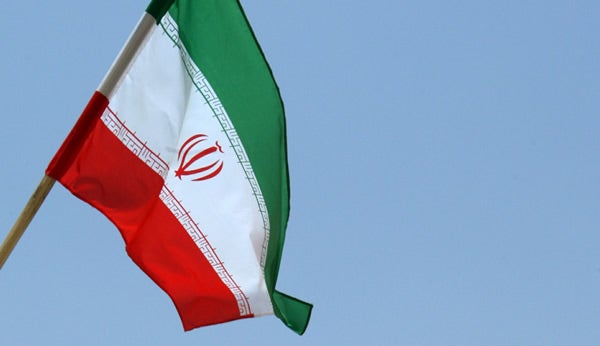The State Department recently released a report to Congress assessing the threat posed by Iran in the Western Hemisphere. Regrettably, it seems that the State Department neglected to consult with U.S. allies in Latin America and ignored research that contradicted their assertions.
Indeed, the report paints a rosy picture, suggesting that Iran’s influence in the Western Hemisphere is in decline. This narrative is contradicted by Director of National Intelligence James Clapper’s testimony last year warning about Iranian ambitions to establish operations in the Americas and strike the continental United States.
Additionally, the general prosecutor of the Argentine Israelite Mutual Association (AMIA) bombings in Buenos Aires, Alberto Nisman, issued a report that directly conflicts with the State Department’s narrative. An intense multi-year investigation went into Nisman’s report, which detailed how Iran and Iranian agents have used their assets in the Western Hemisphere to conduct terrorist actions against the United States and its friends and allies. For example, the AMIA building in Buenos Aires was destroyed in 1994 by Iranian-backed terrorists. In 2011, Iranian intelligence agents attempted to coordinate with Mexican drug cartels to assassinate the Saudi ambassador to the United States on American soil.
Nisman’s report painstakingly details how Iran has also been engaged in a widespread effort to infiltrate governments and public institutions throughout the Western Hemisphere. These outposts work toward radicalizing individuals across Latin America, destabilizing U.S. allies in the region, and influencing regional governments.
Sadly, Nisman’s years of research appear to have been ignored entirely by the State Department.
The State Department report claims that “we will work closely with and inform our partners in the hemisphere about malign Iranian activities.” However, as Representative Jeff Duncan (R–SC) pointed out, “It makes no sense for the State Department to send a report to Congress without considering the views of our allies in the region.” He could not be more correct. Cooperation with our allies in Latin America would provide the U.S. with an effective tool to assess and counter Iran in Latin America and ought to be encouraged, not ignored.
The State Department’s report would be good news if it were true, but it appears it is not. Instead it seems to fit the Obama Administration’s narrative of a war on terrorism that is winding down as conflict recedes across the globe—in spite of research to the contrary. The Department of State has a responsibility to talk to U.S. allies and consider all information in its reports to Congress if the U.S. is to have informed, effective foreign policy.
Franklin Holcomb is currently a member of the Young Leaders Program at The Heritage Foundation. For more information on interning at Heritage, please click here.





























